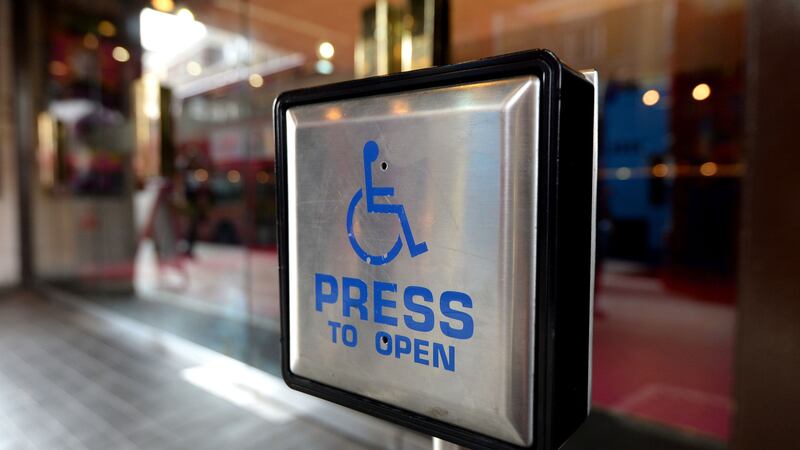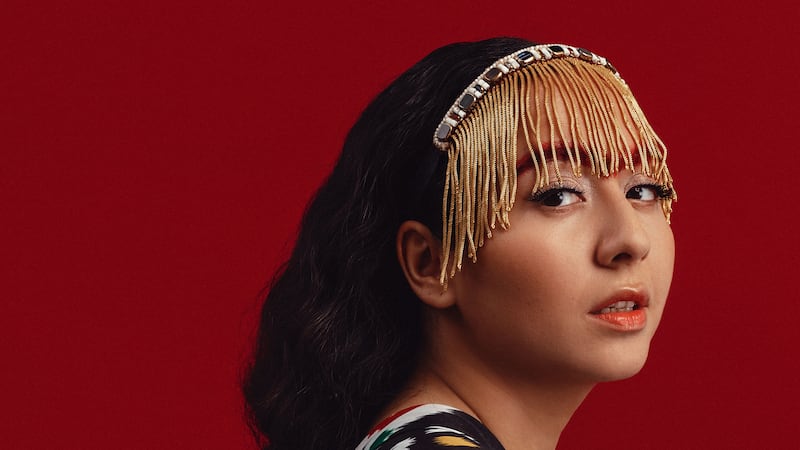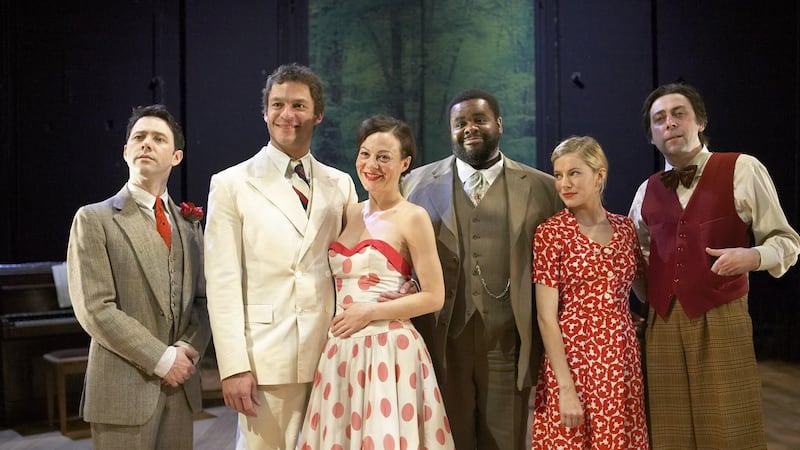Thousands of people on Twitter have been sharing their experience of disability on the hashtag #ThingsDisabledPeopleKnow which spawned in response to new film The Upside.
“‘You don’t look disabled’ and ‘I don’t consider you disabled’ aren’t compliments,” was the most liked tweet on the subject on Friday, among nearly 19,000 sent.
“You don’t look disabled” and “I don’t consider you disabled” aren’t compliments. #ThingsDisabledPeopleKnow
— Shannon Dingle (@ShannonDingle) January 18, 2019
Others discussed accessibility issues for disabled people going to shops and restaurants, ham-fisted attempts by able-bodied people to make conversation and the hidden costs of disability which able-bodied people don’t incur.
“People will forget your access needs & reasonable adjustments all the time,” wrote Dr Amy Kavanaugh, a visually-impaired activist and campaigner from London.
“Even if you email or call in advance to triple check. You turn up & can’t participate, then society expects you to forgive the person who forgot with a ‘never mind, next time’.”
People will forget your access needs & reasonable adjustments all the time. Even if you email or call in advance to triple check. You turn up & can't participate, then society expects you to forgive the person who forgot with a "never mind, next time". #ThingsDisabledPeopleKnow
— Dr Amy Kavanagh (@BlondeHistorian) January 18, 2019
“‘Of course it’s wheelchair accessible!’ does not always mean it is wheelchair accessible,” wrote another Twitter user.
"Of course it's wheelchair accessible!" does not always mean it is wheelchair accessible. #ThingsDisabledPeopleKnow
— Laura ♿️🏳️🌈🌑 (@painandcats_) January 18, 2019
“One of the biggest challenges for disabled people is accessibility,” Dr Kavanagh told the Press Association.
“So often our stories in the media are framed as inspirational stories of ‘overcoming a disability’, when in reality we’ve simply achieved something by working extremely hard whilst constantly coming up against systems, processes and environments that aren’t accessible to us.”
Businesses are required by law to make adjustments to their premises to allow disabled people to access their service.
Among the other thousands of tweets, many people called out the manner in which able-bodied people will speak to those who are disabled, especially when they first meet.
“‘What happened’, is not how one starts a conversation with a stranger,” wrote one Twitter user.
"What happened", is not how one starts a conversation with a stranger.#ThingsDisabledPeopleKnow
— 💖💄 Aoife ♿💜 (@Aoiferocksitout) January 18, 2019
"What's wrong with you?" is the mating call of the ableds– an isolated group of peoples who seem to not know this is inappropriate. #ThingsDisabledPeopleKnow
— Crutches&Spice♿️ (@Imani_Barbarin) January 18, 2019
Others were annoyed by the assumptions able-bodied people can make and accusations some are “faking” their disability because they don’t “look disabled”.
#ThingsDisabledPeopleKnowIf we don't work or go to school, we're lazy assholes scrounging off the state & ruining the economy.If we do work or go to school, we're faking our #disability, and we're ruining the economy by requiring businesses to be #Accessible. ♿🤷♀️
— Diary of a Disabled Person. (@WheelsofSteer) January 18, 2019
We are constantly accused of faking our disabilities because of the narrow inaccurate view of disability. If we are independent, happy or confident we must be lying because of how society represents & understands what it is to be disabled. #ThingsDisabledPeopleKnow
— Dr Amy Kavanagh (@BlondeHistorian) January 18, 2019
Dr Kavanagh said: “I think the hashtag is popular because these are the conversations and issues disabled people talk about all the time but no one listens.
“It’s given us a fantastic opportunity to share our stories, challenge the inaccurate assumptions and raise awareness of the barriers created by a lack of awareness or understanding.”
Imani Barbarin, who works in disability rights in her native Pennsylvania in the US, started the hashtag on Thursday evening following her growing frustration with disability representation in films and TV.
Make sure to look just disabled enough so that people believe you but not so disabled that they think you're a burden. #ThingsDisabledPeopleKnow
— Crutches&Spice♿️ (@Imani_Barbarin) January 18, 2019
Actor Bryan Cranston, best known for his lead role in hit series Breaking Bad, has been criticised in recent weeks for new film The Upside, in which he plays a disabled person despite being able-bodied himself.
Cranston had dismissed the possibility of a disabled person playing the role as “a business decision”, so Miss Barbarin sought to highlight all the things which disabled people know and could contribute to films in which they are portrayed but not represented.
“So many representations inaccurately portray the community and had they asked disabled people or involved us at all, these characters and portrayals could have been approached with nuance and a dose of reality,” Miss Barbarin told the Press Association.
#ThingsDisabledPeopleKnow idk, someone ask bryan cranston
— luke hoban ♿️ (@lukehoban7) January 18, 2019
“This hashtag speaks to the knowledge disabled people carry that can only be learned through lived experiences and giving an opportunity for people to create their own representation and share and identify with one another,” she said.
Dr Kavanagh said: “The key message [is that] disabled people know the challenges we face best, listen to us, make the changes needed so that we can fully participate in society and change your view of disability.”








